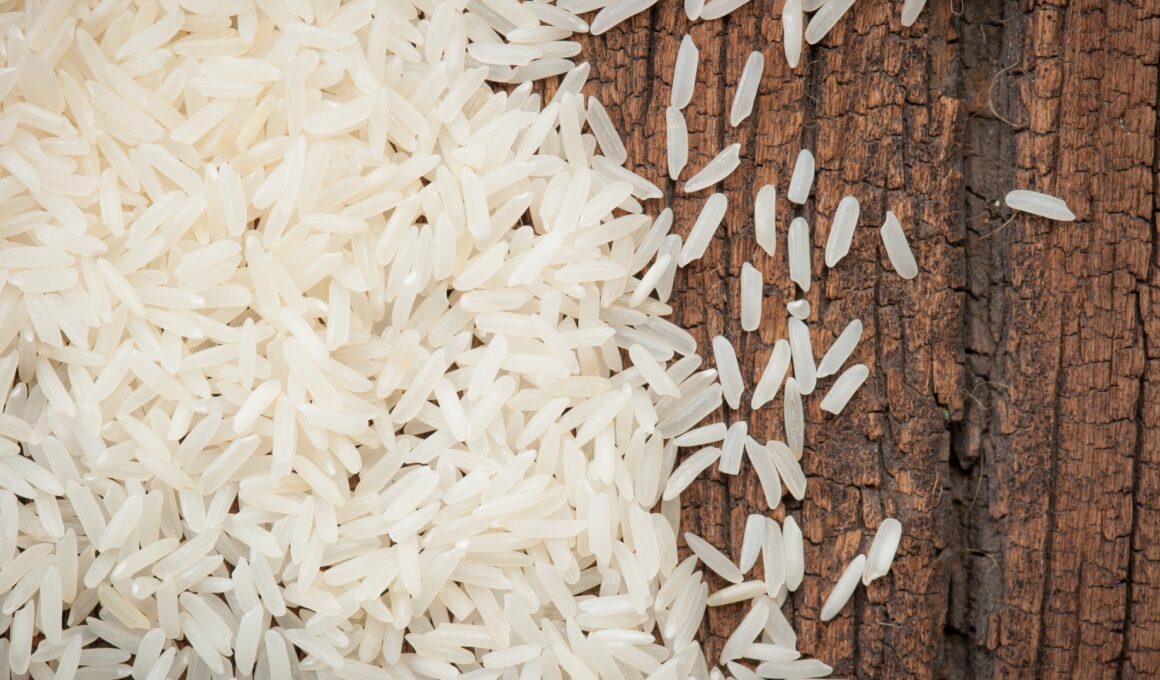Rice is a staple part of the diet for people in many countries, especially in Asian regions where the warm, humid climate particularly favours the growth of rice in paddy fields. However, rice is enjoyed all over the world and for good reason – it is a very nutritious foodstuff that provides many health benefits.
A source of complex carbohydrates
Unlike simple carbohydrates – sugars – which are broken down quickly in the body and release a sharp spike of energy that is quickly used up, complex carbohydrates are larger molecules that take longer to break down. This means that the energy in rice is released more slowly, over a longer period of time. The advantage of this is that not only do you feel fuller for longer, but you are also less likely to crave quick ‘sugar fixes’ and less likely to experience a slump in energy levels soon after eating, as you would with something sweet.
White rice or brown rice?
Health gurus often tout brown rice as a healthier option to white rice, but what is the difference? It’s all to do with the way that the rice is prepared in the milling process.
Grains of rice, when growing on the plant, are covered in a protective husk called bran, which is brown in colour. When manufacturers want to make white rice, they take the rice and process it so that the bran is removed and the rice grains are ‘polished’. Brown rice on the other hand, does not go through this bran-removal process. Removing the bran not only makes the rice whiter and more visually appealing, it also makes the rice easier to digest, and quicker to cook. However, the bran contains a lot of protein, dietary fiber, vitamins and minerals that are lost when the bran is removed. Gram for gram, although brown rice has more calories, it is more nutritious and, like other high fiber foods, helps to keep your digestive tract healthy.
Rice bran in cancer prevention
In countries where a lot of rice is eaten, such as in China where rice forms part of the meal at breakfast, lunch, and dinner time, there is a very low incidence of bowel cancer. This is thought to be because of the fact that rice bran, being high in dietary fiber, is not digested well and therefore moves through the large intestine, ‘keeping you regular’ and reducing build-up of undigested materials.
However, a recent study published in the peer-reviewed journal Advances in Nutrition, suggests that there may be other cancer-fighting molecules in rice bran that also contribute to disease prevention. These natural components include chemicals that prevent cells from multiplying in cancers, change the cell cycle, and cause the death of abnormal cells. Dr Elizabeth Ryan from the University of Colorado Cancer Center is now working to identify these molecules in the varieties of rice that we eat, in order to find out the cancer preventing effect that they can have if we include rice, or more rice, in the diet. In addition, it is possible that these chemicals may be used in the development of new cancer drugs.




